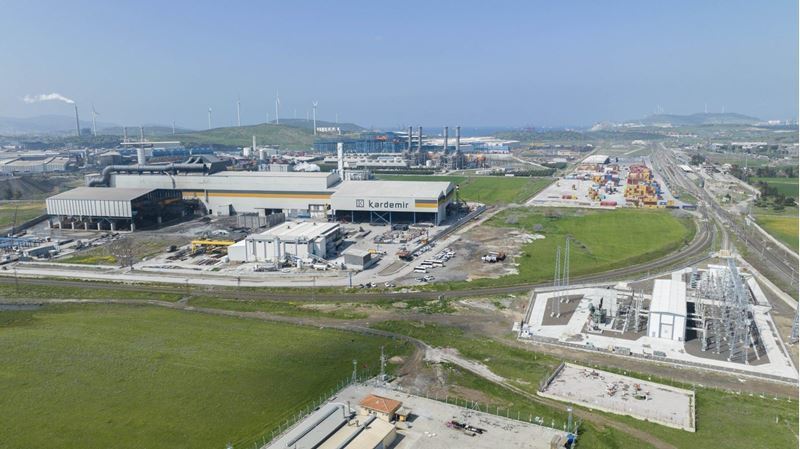Accordingly, domestic sales in six main product groups decreased by 8% compared to the same period last year, while exports decreased by 5%. Total sales decreased by 6% and production decreased by 8%.
The white goods sector, which has an annual production capacity of 32 million units and an export capacity of 22.5 million units, provides employment for 60,000 direct and approximately 600,000 indirect workers. Gökhan Sığın, President of TÜRKBESD, noted that the sector is competing globally through investments in R&D, digital transformation, and green transformation while evaluating current developments in the sector.
“Supportive measures are essential for exports”
Sığın drew attention to the continuous decline in exports over the past three years, stating, "We aim to maintain and even advance the position our industry has achieved in export markets through significant efforts. As an industry that exports 70% of its production, the success we have achieved in foreign markets has made us the world's second-largest producer. However, in response to the contraction in export markets and high cost pressures, there is now a greater need than ever for policies and practices that will enhance export competitiveness to preserve the sector's production capacity, competitiveness, and employment strength."
The importance of IPP, the impact of trade investigations
Sığın also emphasized that maintaining the effectiveness of the Inward Processing Procedure (IPP) plays a critical role in export competitiveness, while noting that ongoing trade policy investigations are having a negative impact on industry. "These issues directly affect Türkiye's major industrialists. The right steps taken here will directly contribute to the competitiveness of user and exporter sectors." he noted.











Comments
No comment yet.